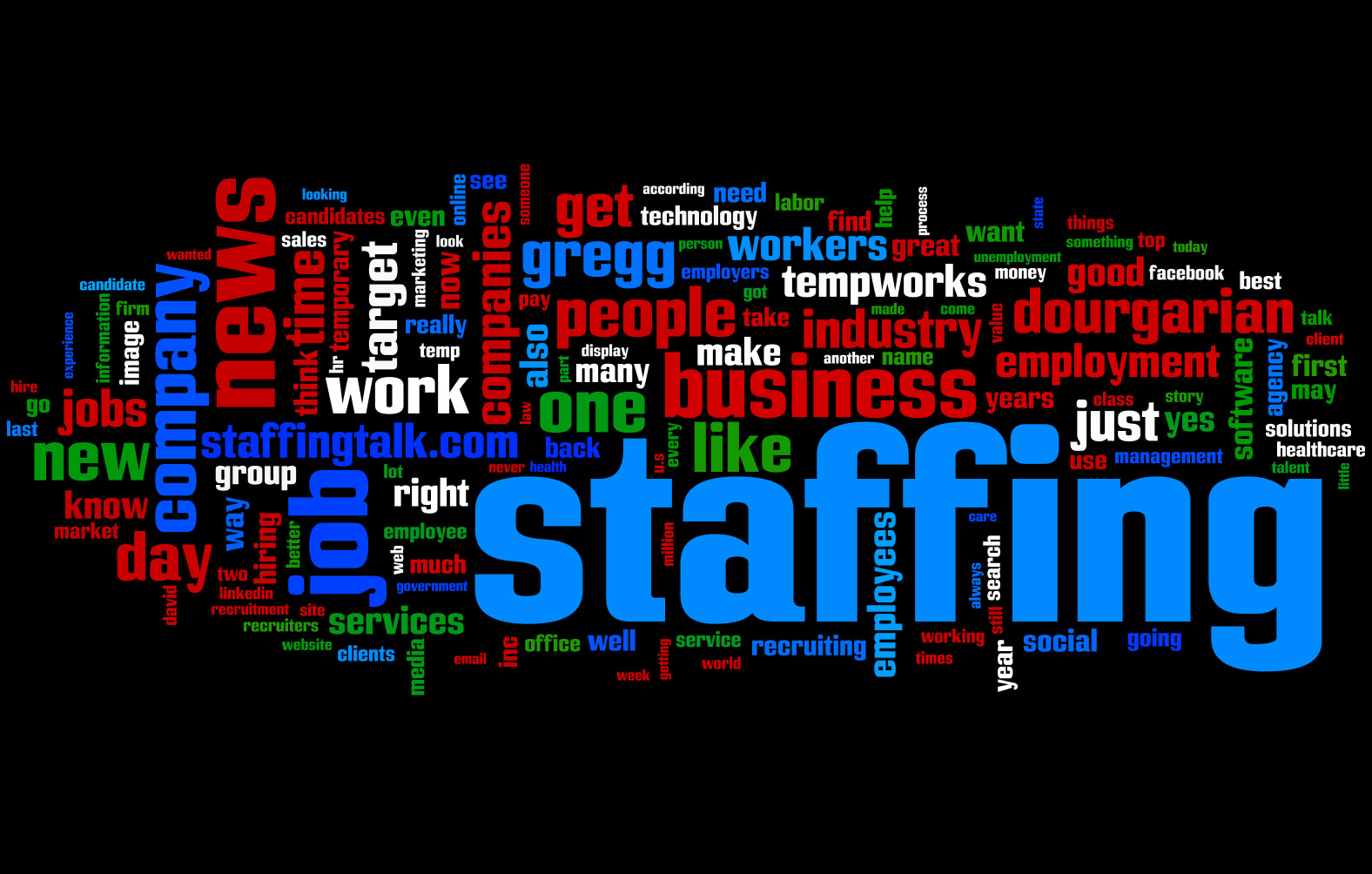I’ve never been under any impression that I’m a hard-core investigative journalist. At the end of the day, I like my stories to be compelling, certainly, but not necessarily controversial unless the situation or circumstances demand it. When I conduct an interview, I always say, “I’m not going to want to know anything that is proprietary.” This puts the person completely at ease to know his or her private info won’t be strewn on just any Internet site.
Just recently, I learned a valuable lesson that I think has less to do with sensationalism and more to do with speaking one’s mind. I was astounded by the buzz over one of my recent stories on AS411.com, a profile of David Beck. David, a CPA.CITP, is a partner with Beck & Company in Herndon, VA. I didn’t really think anything was THAT controversial in his interview; in fact, my headline was, “David Beck Talks Technology and Managerial Accounting.” Safe and serene, right? I knew what the interview contained, but really didn’t pay that much attention to the fact that David was speaking out against cloud computing until I started receiving e-mails about it from colleagues in the profession who literally cheered at the fact that 1) someone spoke their mind about cloud computing, and 2) that someone, in general, spoke their mind.
This is what David had to say:
SC: CFO.com predicted that 69 percent of CPA firms plan to spend more on technology in the next 12 months. How do you think firms can learn more about what to spend their money on so they receive the greatest ROI?
DB: There is so much noise generated by cloud vendors about how they are going to remake the CPA firm. AICPA’s CPA2Biz is also beating the cloud drum, but their independence is questionable because they have aligned themselves with various vendors. My own view is that cloud computing is an unstoppable, building snowball, but the managerial accountant in me says to make sure that the risks are adequately measured. I’m a big believer in technology’s ability to deliver a ROI, but the noise from the cloud vendors make me pause and wonder if we have all gone insane and giddy as we stand in line to drink the Kool-Aid.
This year, I attended a conference of the Information Technology Alliance. A guest speaker from Google presented a lecture, “Get Ready to Switch – Cloud Computing, Not If, But When.” The speaker made a very compelling argument about the benefits of the cloud model using words like innovation, scalability, radically reduced costs, faster application development and happier end users. I must admit, it was powerful, true and correct. He made a very valid, persuasive pro-cloud argument.
I then started to analyze the situation. With all the articles online about cloud computing – certainly at The CPA Technology Advisor and countless other online and print publications – it’s difficult to find very many in which the personalities in the stories – real CPAs and accountants – speak negatively about Software-as-a-Service (SaaS) and cloud computing. I think this has to do with software providers pushing the SaaS agenda, which, I can say, I completely buy into. I think SaaS is, and will continue to be, revolutionary in the way an accountant’s business functions. There are just too many positives to spend much time at all on the negatives.
However, I’m writing this blog entry for a specific purpose: It’s OK to speak out against a subject. In fact, the more you speak your opinion, the more likely you are to get some ink about it. Certainly, accounting journalists aren’t looking for headline-shockers, but just like reality TV, some of the more-interesting and controversial articles are more likely to be noticed than the ones that cover a subject, albeit in a good, solid manner.
So, my bottom-line message here is this: Don’t be afraid to be controversial. So many firms want to keep their opinions PC; from this experience, you’ll get more attention if you talk about how you really feel about something, good or bad. After all, this is your opinion, not someone else’s.
Thanks for reading CPA Practice Advisor!
Subscribe Already registered? Log In
Need more information? Read the FAQs




